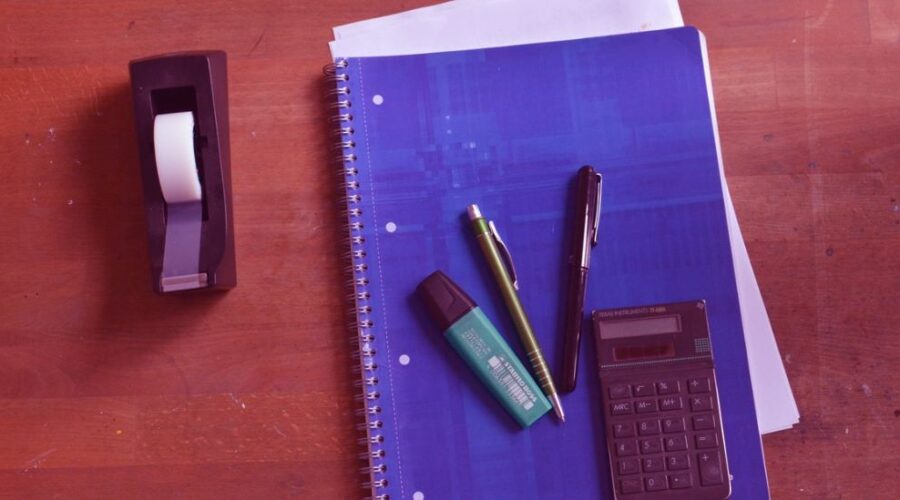A study strategy is a way of thinking about and approaching a task. Each strategy focuses on different aspects of the task, such as speed vs stamina, working memory capacity, or mind wandering. The following list consists of 13 different strategies that will help you increase your rate of retention and improve your grade in school. Try one out on the test from time to time.
Random Recall Studying can be a chore and many people have trouble remaining motivated. That’s why it’s essential to develop effective study strategies that will help you make your studying enjoyable, productive and ultimately successful. In this post, we discuss the different types of study strategies, how they work and how to use them for maximum effectiveness. There are many types of study strategies, which we’ll go over in detail. We’ll also discuss other strategies that you can use, depending on the goals of your studying exemplar class 9 science.
Engaging Strategies
Those who are engaged in learning and/or interested in a subject tend to perform better on exams than students who are not engaged. Students who engage in their studies learn more quickly and retain what they learn longer. Effective engagement strategies include:
A. Studying with friends/classmates
B. Studying with power words and phrases that fire up your brain
C. Taking practice quizzes, exams or flashcards to test your learning and understand the key concepts you need to remember. You must go for ncert exemplar class 9 science solutions from Infinity Learn.
Avoiding Strategies
Stress inhibits learning and memory storage which is why you want to avoid stressful situations as much as possible during studying time. Various strategies can help achieve this including:
A. Diversifying study locations (e.g., not always studying at home)
B. Taking breaks in between study sessions
C. Stretching during a break or after studying
Learn more about each strategy to ensure that you are using the most effective one for you. Remember, the more effective your study strategies, the easier it will be to learn and retain information from your classes! Let’s go over each of these strategies in detail.
Studying With Friends or Classmates
You’ll learn the most when you study with friends. Students who study with their friends learn faster and remember more than those who do not. This is true even if the friend studying with you has a lower grade point average than you! Learning that occurs with classmates can also be beneficial to your social life as well. For example, if you miss school on a Friday, you won’t feel too bad when your classmate misses school on Friday as well!
Taking Practice Exams and Flashcards
A common type of learning that occurs through practice is called flashcard learning. In this strategy, you listen to a term or phrase and then look at the card that corresponds to it. When you are done with the flashcards, you will have remembered the information being presented in a more comprehensive way. Another study method is the use of practice exams, which is usually beneficial to students who want to improve their grades. The practice exam will allow you to test your knowledge and make sure that you are prepared for the exam. The time your teacher gives you to take the practice exam is usually given as a percentage of the actual testing time. The test usually contains questions that are more difficult than what you can expect on the actual test. This allows for you to learn not only what parts of your knowledge are correct, but also whether or not your strategies for learning from lectures/textbooks are working well enough.
Stretching or Doing Yoga While You Study
The mantra ‘mind and body are one’ is true in the case of studying. Studies show that stretching or doing yoga while you study has various benefits that help your mind to think more clearly and allows you to retain information better. Greater flexibility during your study periods will allow you to focus better, concentrate for longer periods of time, increase your endurance and decrease back pain!
Reading a Book
Reading is not only a great way to improve your vocabulary and learn new vocabulary, it can also help you to learn a subject easier. Reading the book first then going through the notes you took can help you understand the information better. For example, if you study biology, reading the text first will allow you to understand concepts like cell biology better than if you were reading the notes afterwards. You would have to re-read the notes to fully understand everything. Reading the text first will make it easier for you (especially if your eyesight isn’t that great).
Skimming or Ghetto Studying
Skimming or ghetto-studying is when you read the book or notes in an attempt to learn as much as possible without focusing on clearly understanding each aspect of every concept. The reason why this works is because you are making an attempt at reading the material and learning as much as you can. This procedure usually works well for students who have a lot of reading to do. Skimming or ghetto-studying allows you to save time, so you can do other things such as studying for another subject or taking a break.
Conclusion
The piano technique is a mental practice technique that involves you listening to an audio of a lecture. This is beneficial if you want to understand the material more slowly, allowing more time for you to think about the material. For example, if your teacher gives a 10-minute audio and puts it on the class wikispace (which most teachers will), then listen to it 3 times, taking notes each time.
